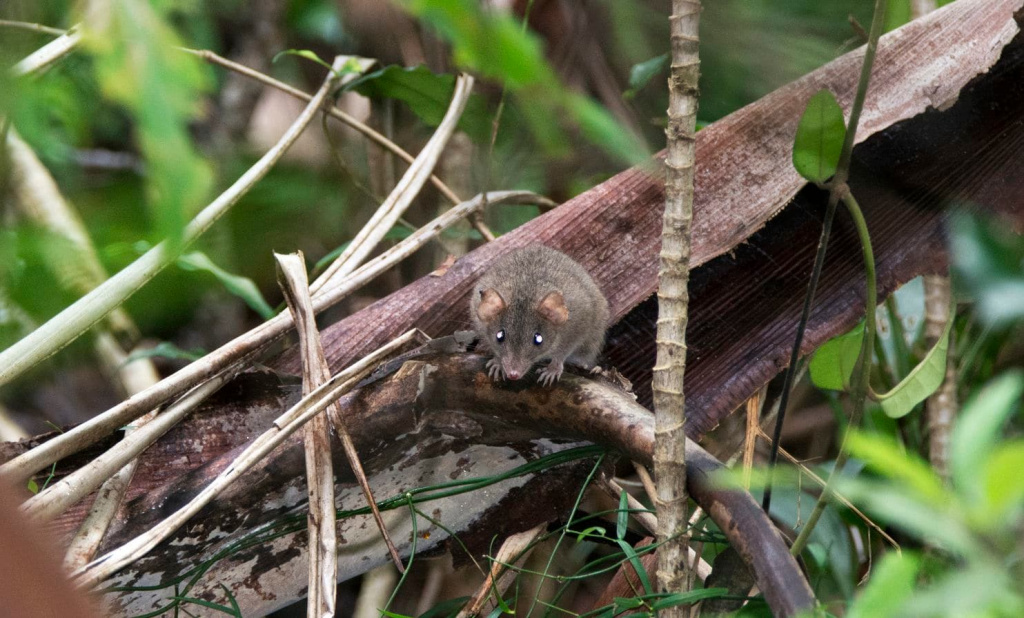The Bramble Cay melomys resemble small brown rats and live in a small island off northern Australia. Now, they are reported to have gone extinct due to climate change induced by humans.
These rats have thrived on the island for many centuries. They are unique in Bramble Cay island, a nine-acre land located on the edge of the Coral Sea in the torres Strait between Queensland state and Papua New Guinea.
In 1970s, hundreds of Melomys rubicola roamed the island, according to a report by researchers at University of Queensland. By the late 1990s, there were below 100 melomys. The last time one was spotted by a fisherman in 2009. There has not been one sighting of the mammal in the last 10 years.
In a March 2014 survey involving 900 small mammal trap-nights, 60 camera trap-nights and two hours of active daytime searches – produced no trace of the wiskered rat.
The major reasons for the lost population are reported to be habitat loss caused by rising sea levels. The 2016 report concluded that the “key factor responsible for the extirpation of this population was almost certainly ocean inundation,” which resulted in “dramatic habitat loss and perhaps also direct mortality of individuals.”
“Available information about sea-level rise and the increased frequency and intensity of weather events producing extreme high water levels and damaging storm surges in the Torres Strait region over this period point to human-induced climate change being the root cause of the loss of the Bramble Cay melomys.”
The Government of Queensland has declared the species extinct in a 2016 report. The Australian Environment Minister Melissa Price confirmed it in a press release. Melomys have been moved from critically endangered to extinct.
The predictions and warnings of climate change and its adverse impacts are getting real by the day. Up to half of plants and animal species in the world’s most naturally rich areas, like the Amazon and the Galapagos, could face local extinction by the turn of the century due to climate change.

